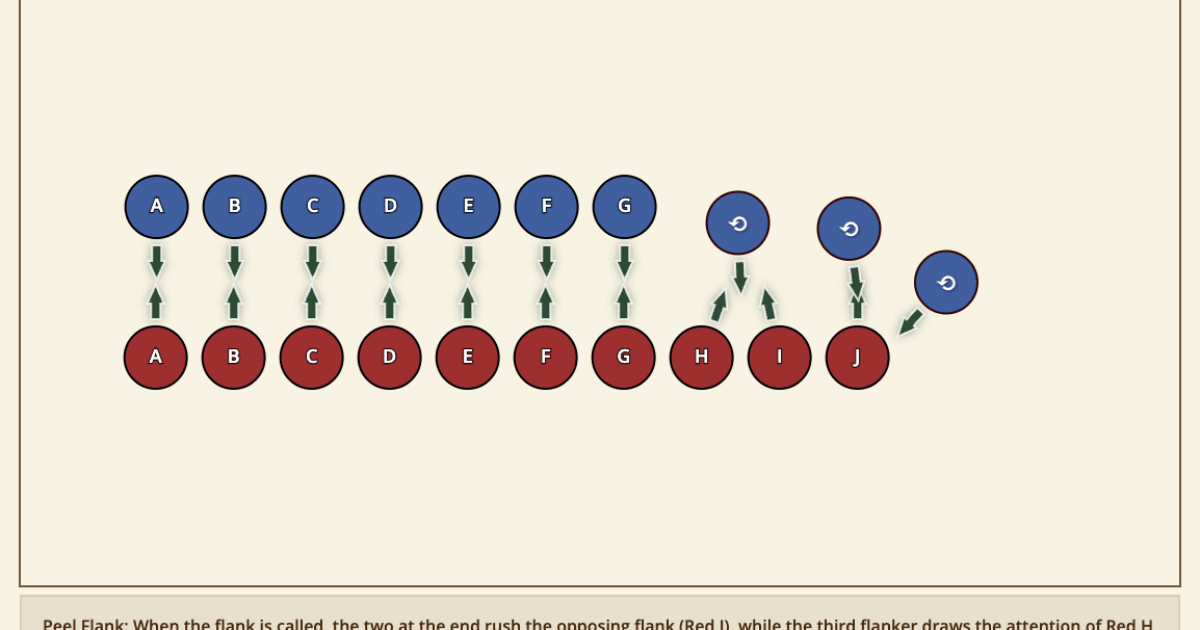I’ve been thinking a lot about learning lately. Reviewing the training program and working with Shay to study her style at a high level put my brain on high alert for ideas floating around related to learning. In this case, it was an idea of Exception Bias that come up in one of the RPG podcasts I listen to. Goes to show that you can snatch an idea from anywhere.
Anyway, in a nutshell, Exception Bias is the phenomenon that we are naturally drawn to the exception rather than the standard. The things that are easily remembered or stand out are what could be considered odd when compared to what normally happens on any given day.
Prime example, we all go to restaurants and often everything is pleasant and fine. But we’ve all got that one experience that really ruined everything for us and we will never forget it. I feel that way about Applebee’s. I don’t normally have anything against Applebee’s, but I remember a time when my dad got really upset about the service during one visit and now we don’t eat at Applebee’s anymore. This experience was most certainly an exception, but that’s what I remember about it.
The same can be said about your experience with fencing.
Fencing is naturally a self-reflective and self-evaluative sport. You are constantly reviewing what you’ve done, searching for new ideas, and seeking out what’s next on your path to swordsmanship, but what I’m starting to realize is that this makes fencers prime targets for exception bias and an over-attention to oddity.
Self-Evaluation
Let’s think about self-evaluation for a moment. The goal of self-evaluation is to review yourself and assess how you are doing. The results can then inform you of how to move forward. Sounds great, right? Well, it can be as long as you train your brain to beat exception bias.
If you’re not careful, what can happen is that you focus all your attention on the moments that stand out. These tend to be the high points or even the low points, which don’t give a fair assessment of who you are as a fencer. You are a larger data set than just what you’ve dog-eared in the pages of your memory.
Instead, you need to think back over say, the last 30 days, and think about all the data. How often did you look at or pick up your sword? How many exchanges did you have at practice that flew by in an instance? Did you think about the lesson you were going to learn or teach on Friday? How much of the other 99% of the stuff you did over the last 30 days related to fencing, but you just didn’t mark it as note-worthy?
Tedious as it might be, when you start evaluating yourself with the full data set, you’ll end up with a much more accurate sense of where you are as a fencer and what your next step should be.
Seeking New Ideas
Transitioning into another area where Exception Bias can be particularly dangerous is in your search for new ideas.
As fencers, we love new ideas. There’s always more to think about and you often seek after the next new trick that might help you in your fights. It’s why you see so many new fencers get excited about these advanced techniques the Swordsmen can pull off, but you must be cautious because of this principle:
Novelty does not equal quality.
Naturally, you are drawn to novel ideas. Anything new or wacky grabs your attention and you fixate on it. But most of the time, when the novelty wears off what’s left behind is kind of empty. But what to do about it?
Well, what you can try to realize is that many common ideas, the meat and potato ideas, are not the same as bad ideas. You can look at ideas that are perhaps a little plain, boring, or unoriginal and remember that there’s still a lot that can be done with them. It’s all about the quality of your execution.
When you are seeking new ideas, you don’t need to look for the ones that have never popped up before. You don’t need to look for the one that hasn’t been done by someone else. A potato, as boring and uninspiring as you might think, can still be exceptionally delicious when prepared with quality and purpose. The same applies to our fencing.

